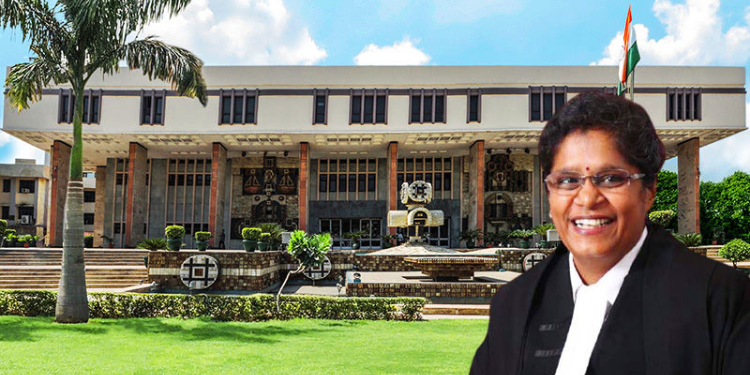Justice Prathiba M. Singh of the Delhi High Court granted ex-parte ad-interim injunction to SBI Cards under Section 9 of the Arbitration and Conciliation Act, 1996, to secure access to and operation of specific licensed software. The court directed the Respondents to refrain from taking any actions that could disrupt the credit card services of SBI Cards by affecting the licensed software.
The bench emphasized the importance of interim protection measures in this case, given the critical nature of financial services involved. Disruptions in software licensing or operational access could significantly impact mobile banking applications supporting credit card services. Such interruptions pose risks to customer data security, transaction processing, and overall service continuity, potentially leading to financial losses and erosion of consumer trust. Therefore, the interim protection measures are essential to ensure smooth operation of credit card-related software, uninterrupted service delivery, customer satisfaction, and compliance with financial regulations.
Background Summary:
SBI Cards and Payment Services Pvt. Ltd approached the Delhi High Court seeking interim relief to ensure continued access and operation of certain licensed software and to prevent disruption by the Respondents who were using software licenses from Kony Inc. The entities involved in the petition include Respondent No. 1, Respondent No. 2 (Temenos India Pvt. Ltd.), Respondent No. 3 (Bahwan Cybertek LLC), and Respondent No. 4 (Bahwan Cybertek Pvt. Ltd.).
SBI Cards entered into an agreement with Kony Inc. in 2014 for IT services, obtaining a license to use Kony’s Mobile Application Development Platform (MADP) which included Kony Visualizer and Kony Mobile Fabric. This enabled SBI Cards to develop mobile applications for B2C users across different devices and operating systems.
The initial agreement dated April 25, 2014, granted SBI Cards a license for Kony’s technology solutions, detailing authorized usage and permitting sublicensing or transfer. Section 3 of the agreement specified the license term, and an arbitration clause (Clause 17) was included. The license was renewed multiple times until June 2023. Renewal negotiations began before the agreement’s expiry, with a commercial proposal for a further three-year renewal from Kony. However, subsequent correspondence, particularly in October 2023, revealed significant changes in the proposed terms, leading to disputes between the parties.
High Court’s Findings:
The High Court observed that disputes between the parties were subject to arbitration with the seat and venue designated in New Delhi. The initial process involved mutual agreement on a sole arbitrator, and failing that, appointment of a three-member tribunal. Section 17 of the license agreement specified the governing law and dispute resolution process, emphasizing attempts at amicable settlement followed by arbitration if mutual resolution was unattainable.
Recognizing that SBI Cards’ services catered to a significant number of individuals, the High Court acknowledged that any disruption to the IT software or developer licenses critical for these services could pose substantial risks to customers and operational continuity.
In light of the critical nature of SBI Cards’ services and the potential risks posed by disruptions in software licensing or operational access, the High Court deemed it appropriate to grant interim protection. It recognized that interruptions could impact customer data security, transaction processing, and overall service continuity, leading to financial losses and erosion of consumer trust. Therefore, the High Court determined that interim protection measures were essential to ensure uninterrupted service delivery, uphold customer satisfaction, and maintain compliance with financial regulations.
Given the circumstances, the High Court concluded that SBI Cards had established a prima facie case warranting the grant of an ex-parte ad-interim injunction. Accordingly, the Respondents were restrained from taking any actions that could disrupt credit card services facilitated by the licensed software outlined in the agreement. Moreover, the Respondents were prohibited from making changes that might disrupt SBI Cards’ services or inconvenience platform users.
However, the High Court directed SBI Cards to deposit the sum of Rs. 55 lakhs with the Registrar General of the High Court within one week.

















